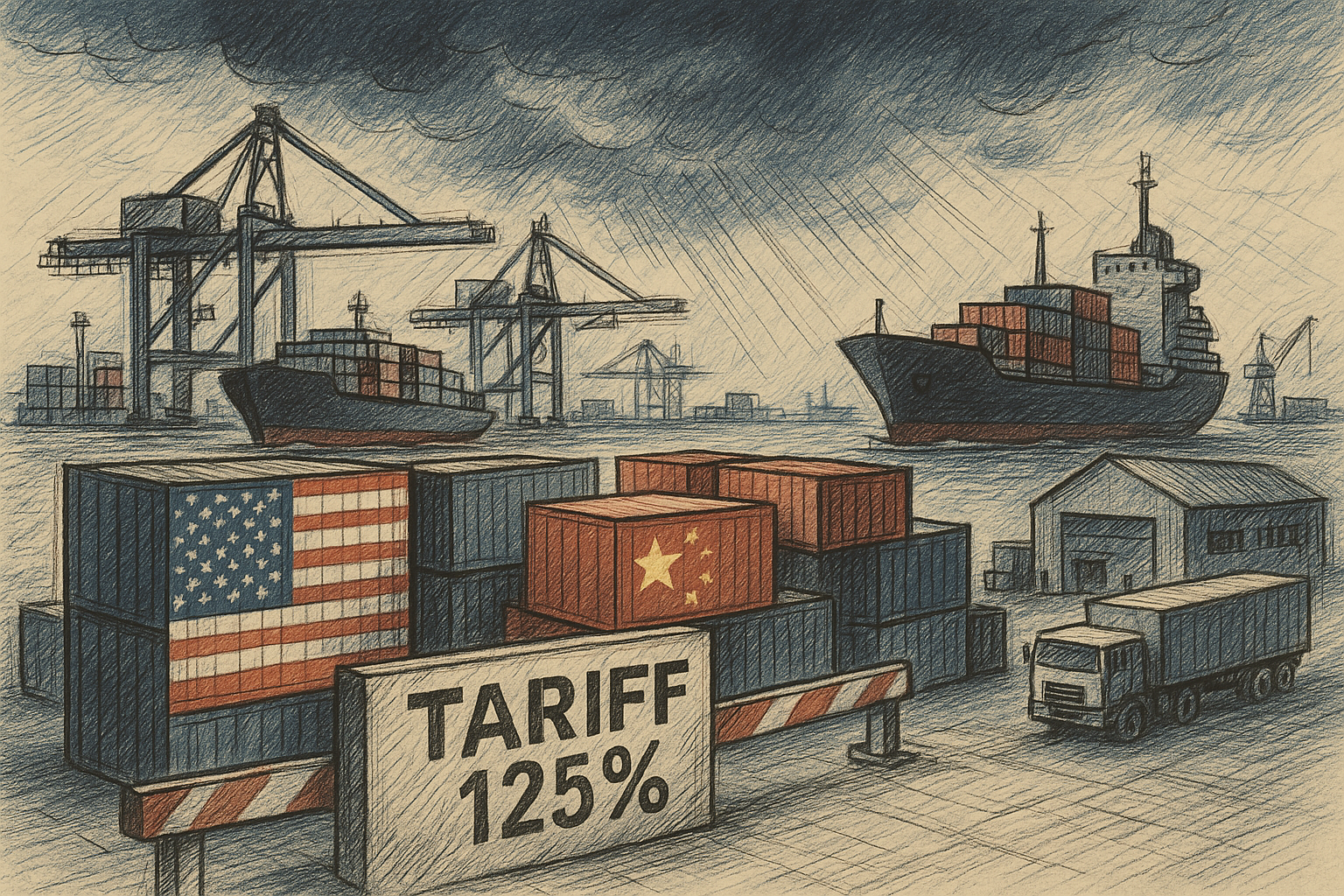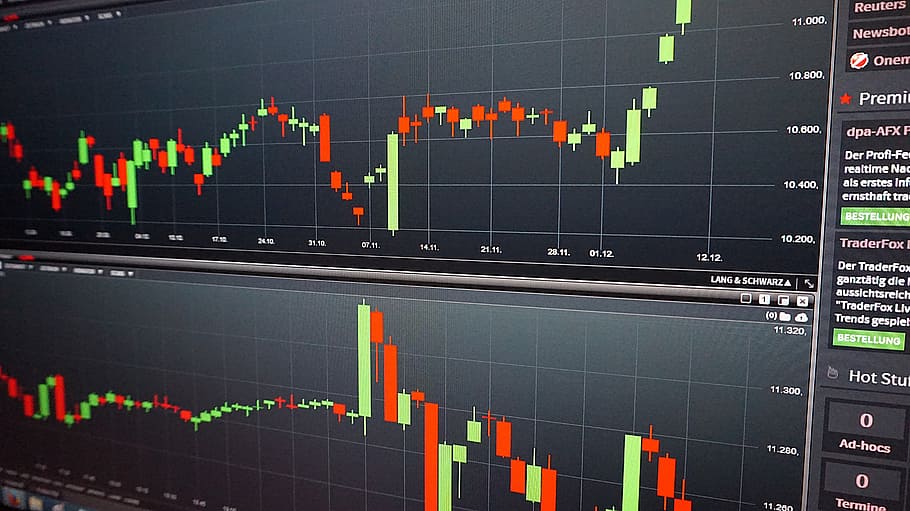

Latest
Fame & Fortune
Alex Cooper’s Husband: Everything To Know About Her Marriage To Matt Kaplan
From the proposal to their wedding and business ventures, here’s the full story of Alex Cooper and Matt Kaplan’s relationship—how it began, how it’s going, and what’s next.
Investments
18 Critical Red Flags To Look Out For When Buying A Property
When exploring the crucial topic of "What are the red flags to look out for when buying a property" it's essential to be aware of potential pitfalls. This topic not only guides buyers in identifying warning signs but also emphasizes the importance of due diligence in the property purchasing process.
Fame & Fortune
Is Catherine Bell Gay? Inside Her Love Life And Dating History
Speculation swirls around Catherine Bell’s sexuality. We break down her dating history and uncover what’s really known
Finance
Understanding Tax Reporting Obligations For European Citizens In Dubai
For European citizens residing in Dubai, understanding the nuances of both the UAE’s tax framework and your home country’s requirements is essential to ensure compliance and optimize your financial standing. With the UAE’s unique tax environment and evolving legislative landscape, staying informed and proactive is key to managing your international tax responsibilities effectively.
Finance
The Common Reporting Standard (CRS) [An Overview]
In an era of increasing global interconnectedness, the lines between domestic and international financial systems have blurred, creating both opportunities and challenges for taxpayers and governments alike. As nations strive to ensure transparency and accountability in cross-border financial activities, frameworks like the Common Reporting Standard (CRS) have emerged as pivotal tools in reshaping the landscape of tax compliance.
News
Trump's Tariff Escalation Sparks Global Trade Tensions
Dubbed "Liberation Day" by Trump, April 2, 2025, marked the implementation of reciprocal tariffs aimed at addressing what his administration calls "unfair trade practices."
Finance
The Coca-Cola Company (KO) Critical Financial Analysis
Despite its iconic brand, strong dividend history, and global distribution network, Coca-Cola faces significant challenges, including stagnating revenue growth, declining market share in health-conscious demographics, and a substantial premium over fair valuation.
Finance
Critical Financial Analysis: Rio Tinto Group (nyse: Rio) - March 2025
An in-depth financial analysis of Rio Tinto Group (NYSE: RIO) for March 2025, featuring key metrics, growth potential, and investment outlook.
Fame & Fortune
Alex Cooper’s Husband: Everything To Know About Her Marriage To Matt Kaplan
From the proposal to their wedding and business ventures, here’s the full story of Alex Cooper and Matt Kaplan’s relationship—how it began, how it’s going, and what’s next.
Investments
18 Critical Red Flags To Look Out For When Buying A Property
When exploring the crucial topic of "What are the red flags to look out for when buying a property" it's essential to be aware of potential pitfalls. This topic not only guides buyers in identifying warning signs but also emphasizes the importance of due diligence in the property purchasing process.
Fame & Fortune
Is Catherine Bell Gay? Inside Her Love Life And Dating History
Speculation swirls around Catherine Bell’s sexuality. We break down her dating history and uncover what’s really known
Finance
Understanding Tax Reporting Obligations For European Citizens In Dubai
For European citizens residing in Dubai, understanding the nuances of both the UAE’s tax framework and your home country’s requirements is essential to ensure compliance and optimize your financial standing. With the UAE’s unique tax environment and evolving legislative landscape, staying informed and proactive is key to managing your international tax responsibilities effectively.
Finance
The Common Reporting Standard (CRS) [An Overview]
In an era of increasing global interconnectedness, the lines between domestic and international financial systems have blurred, creating both opportunities and challenges for taxpayers and governments alike. As nations strive to ensure transparency and accountability in cross-border financial activities, frameworks like the Common Reporting Standard (CRS) have emerged as pivotal tools in reshaping the landscape of tax compliance.
News
Trump's Tariff Escalation Sparks Global Trade Tensions
Dubbed "Liberation Day" by Trump, April 2, 2025, marked the implementation of reciprocal tariffs aimed at addressing what his administration calls "unfair trade practices."
Finance
The Coca-Cola Company (KO) Critical Financial Analysis
Despite its iconic brand, strong dividend history, and global distribution network, Coca-Cola faces significant challenges, including stagnating revenue growth, declining market share in health-conscious demographics, and a substantial premium over fair valuation.
Finance
Critical Financial Analysis: Rio Tinto Group (nyse: Rio) - March 2025
An in-depth financial analysis of Rio Tinto Group (NYSE: RIO) for March 2025, featuring key metrics, growth potential, and investment outlook.







![Tobey Maguire Net Worth Timeline [2025] - From Teen Star To Millionaire](https://www.barrons-independent.com/wp-content/uploads/2025/04/5a288eaac5767272/tobey-maguire-net-worth.jpeg)


